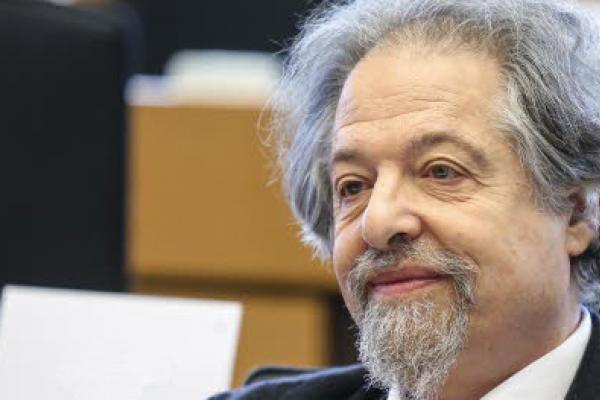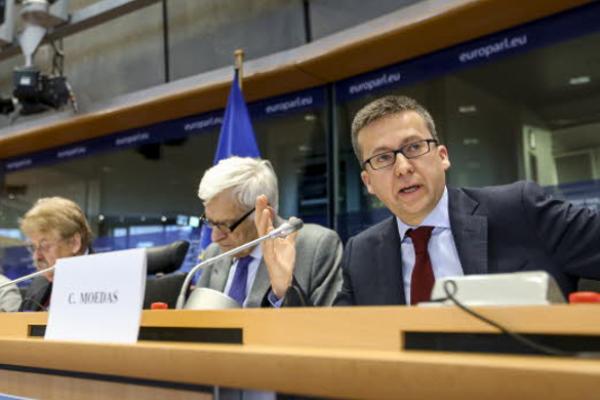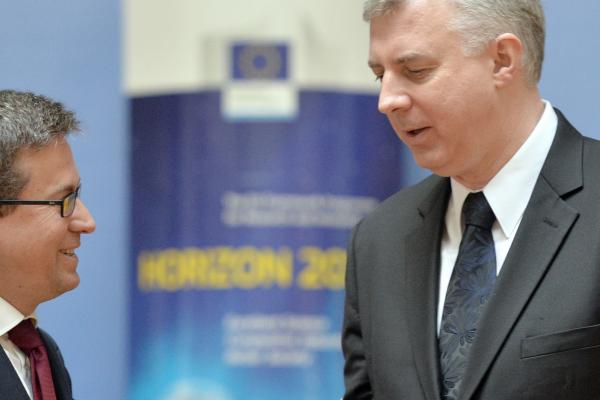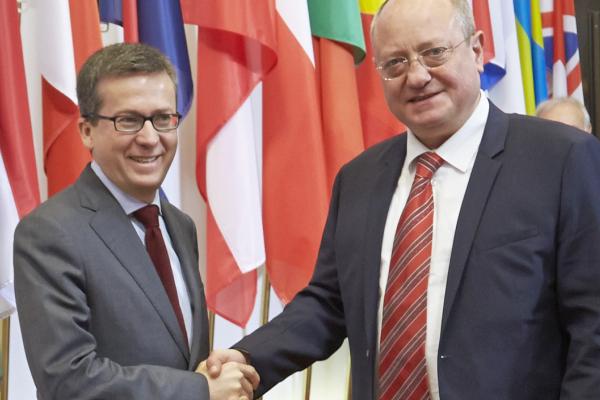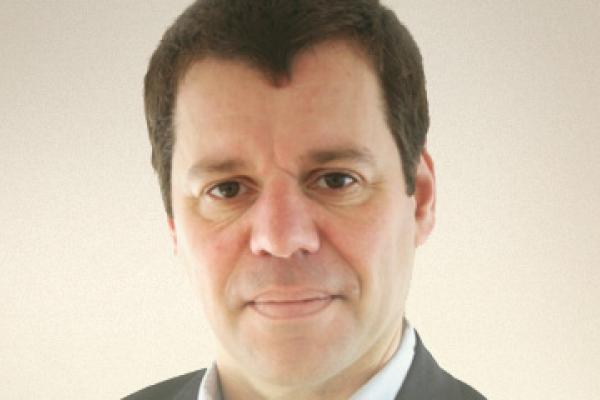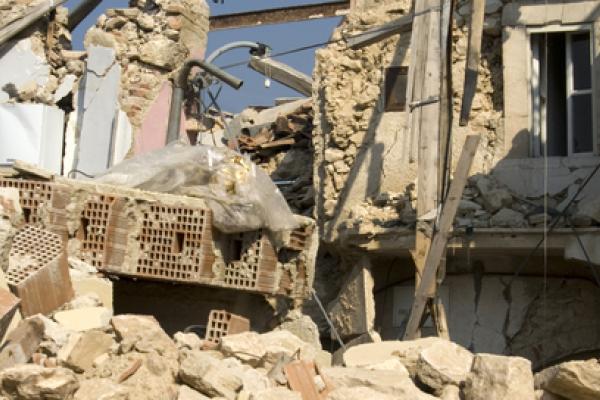Researchers in Europe and French Guiana are combining forces to tackle tropical diseases such as malaria and dengue fever, as well as new diseases that are being spread by an increase in…
The SESAME synchrotron in Jordan shows that science can make positive things happen among countries in a region which is facing political tensions, according to Dr Jean-Pierre Koutchouk, coordinator…
Science can bring together countries which are in conflict with each other, Europe’s Research Commissioner told an event in Brussels on collaboration between the EU and neighbouring countries.
Ukrainian researchers will be able to take full advantage of the EU research fund, known as Horizon 2020, after the country signed up to its first EU programme.
How national research funding is allocated, who is appointed to key posts, and the link between business and academia are just some of the areas due to come under scrutiny in Bulgaria, thanks to a…
A handful of Nobel Prizes and the first-ever comet landing – 2014 was a good year for European Science.
While high in the stratosphere ozone acts as the planet’s shield, at ground level ozone may wreak havoc on human health and future food security.
Climate information should be used not only to address impacts, but also to make agriculture more resource efficient and profitable, starting from regional climate services, according to Professor…
Copyright law will struggle to be relevant for 3D-printed material, according to Joren De Wachter, an intellectual property strategist who advises companies and investors on the best way to use…
The Balkan and Mediterranean countries, as well as Turkey, are all at higher risk of earthquakes than many other parts of Europe, according to a map produced by EU researchers.






